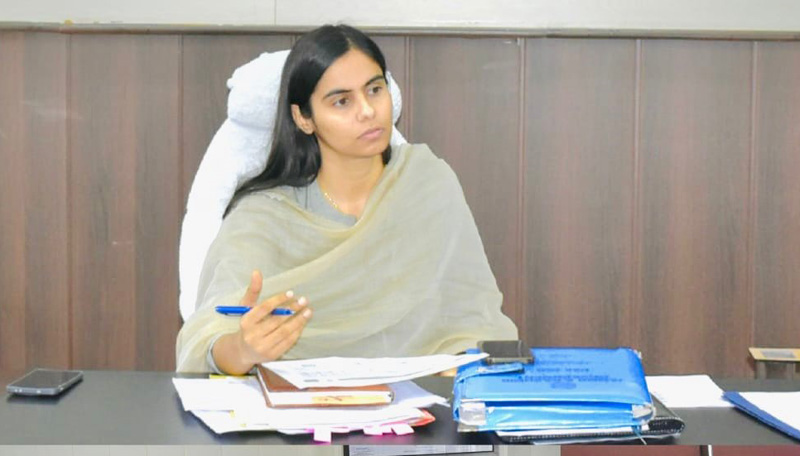Climate Change Shrinks Window for Record-Breaking Marathon Performances, Study Finds
Climate change is steadily reducing the chances for record-breaking performances at the world’s top marathons, new research warns ahead of Sunday’s New York City Marathon.
Rising temperatures are reshaping long-distance running, with some city marathons more affected than others. Berlin’s race last month took place in unseasonably warm conditions of 75°F (24°C).
According to a report by U.S.-based non-profit Climate Central, 86% of 221 global marathons analyzed for their 2025 race dates are projected to face a decline in the likelihood of optimal running conditions by 2045 — including all seven Abbott World Marathon Majors.
British athlete Mhairi Maclennan, the fastest female finisher from the UK at the 2024 London Marathon, said the findings highlight a growing concern for elite runners.
“At the elite level, conditions make or break a performance,” Maclennan said. “We dedicate years of our lives to hit peak form, only to see those ideal race conditions slipping away as temperatures rise. It’s not just about harder races — it’s about the very possibility of breaking records fading with each hotter season.”
The study identifies a “sweet spot” for marathon performance: elite men tend to perform best around 4°C (39°F), while elite women peak closer to 10°C (50°F). Those conditions, however, are becoming increasingly rare.
Currently, Tokyo offers the highest chance of ideal temperatures for elite male runners (69%), yet it’s projected to experience the steepest decline by 2045. Recent Berlin and Tokyo Marathons have already seen race-day heat exceed performance thresholds, though earlier start times can help mitigate the impact.
Former world record holder Catherine Ndereba said athletes are already being forced to adapt.
“Climate change has altered the marathon,” said Ndereba, a two-time world champion and four-time Boston winner. “Dehydration risks are higher than ever, and a small mistake can end a race early. Every step now carries a message — if we don’t care for our planet, even our strongest strides won’t be enough.”
Ibrahim Hussein, the first Kenyan to win both the New York and Boston Marathons, echoed the warning.
“The climate is part of the course now,” Hussein said. “If we fail to protect it, both future records and the joy of running will become rarer.”













